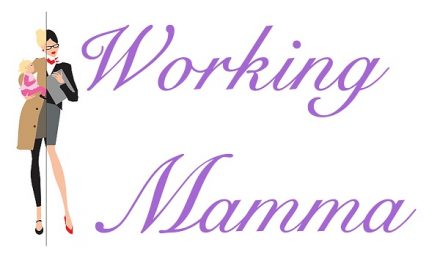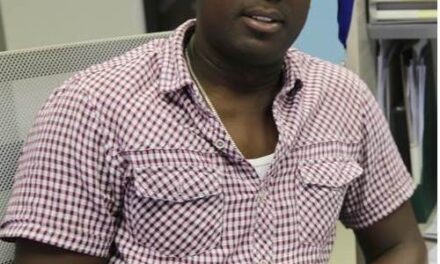
Resilience starts by buying what grows and is produced locally

By Sharon Zaaruka
Junior Technical Advisor at Promotion of Business Advisory and Economic Transformation Services (ProBATS).
Doing business, trading, hustling and making a buck is never easy. The last 18 months or so have truly made it a challenge. So much so that extra focus is being placed on sectors of the economy that are often forgotten or in the very least marginalised, like the informal economy and the (Micro)-SMEs.
The global COVID-19 pandemic has somehow and somewhat redressed the balance in the economy.
Although those businesses and people that were already struggling continue to do so even more, we see that once flourishing organisations are also facing major challenges. The economy is hurting and productivity is down, this is disconcerting. However, simply throwing money at large corporations and expecting all businesses to thrive is never going to work either. If the economy is to be rebuilt, it needs to bounce back from the bottom up.
According to HE President Hage Geingob 2021 is the ‘Year of Resilience’, that resilience starts with the Micro-SMEs, as that’s where the roots of the economy are that let to the ultimate blossom of larger economies.
Namibia is a land blessed with resources, from mines, arable land, wildlife, gemstones and plants and trees with healing or nurturing properties. It’s people have managed to live off the land for generations and always traded, sold or bartered for the things they could not make or grow. This is how the economy basically started and in some areas this is how it still operates.
However, with innovation, technological advances and higher demand, things have changed quite a bit. There are new opportunities and plenty of small rural projects and small scale businesses were starting to generate sufficient turnover to become self-sustainable. Covid-19 changed all that.
Being resilient doesn’t just mean dusting yourself off and getting back on the horse. Often the horse has bolted, how do you get back on the horse if it isn’t there? Put more plainly, how do you sell your goods to tourists, if the tourists are no longer there because of the travel restrictions for example. Resilience needs creativity and innovation. How can businesses that once catered solely to tourists now ‘pivot’ and enter a new market and entice a new customer base to buy their goods?
This is where the Ministry of Industrialisation and Trade play an important role through the Industry Growth Strategies (IGS). The IGS which were launched for several sectors including Metal Fabrication, Charcoal Production, Gemstones and the Cosmetics industry, even before the COVID-19 pandemic, are more relevant now than ever in the fight for resilience.
Under the collaboration of the German-Namibian Development Cooperation the Promotion of Business Advisory and Economic Transformation Services (ProBATS) programme gives small businesses the tools and know-how needed to really be self-reliant and resilient.
Having access to Namibia’s plentiful natural resources is essential, but to sell a value-added product requires yet another level of engagement in the value chain. In 2020 the programme focused on ‘Pitching for Recovery, it now is encouraging rural communities and especially women to ‘Pitch for Resilience’: giving them access to support ranging from market access, product development, workshops, distribution and trade through all 14 regions of Namibia in 2021.
If our economy is to truly be resilient in 2021 and beyond, we need to look at how we can stimulate Namibians to buy products that are made right here, by our own people and communities. Our economy can rebound and grow and be truly resilient, but it may need a helping hand.
The Micro-SMEs are here, fighting every day to get their goods to the market, the least we as consumers can do is buy local. It starts from the bottom and is a mindset that needs to grow right across the board. Local is indeed lekker and it certainly makes us resilient.












































